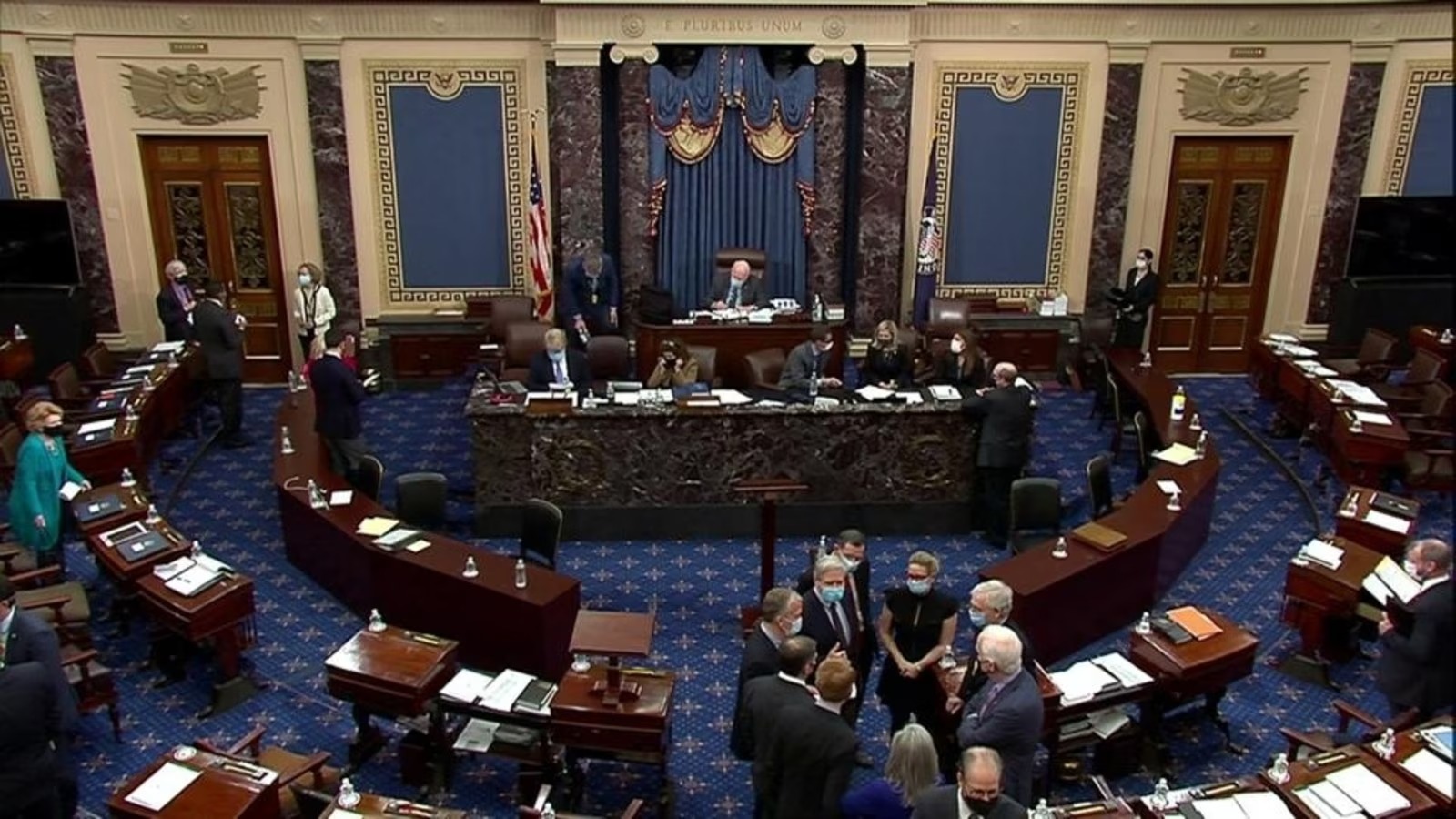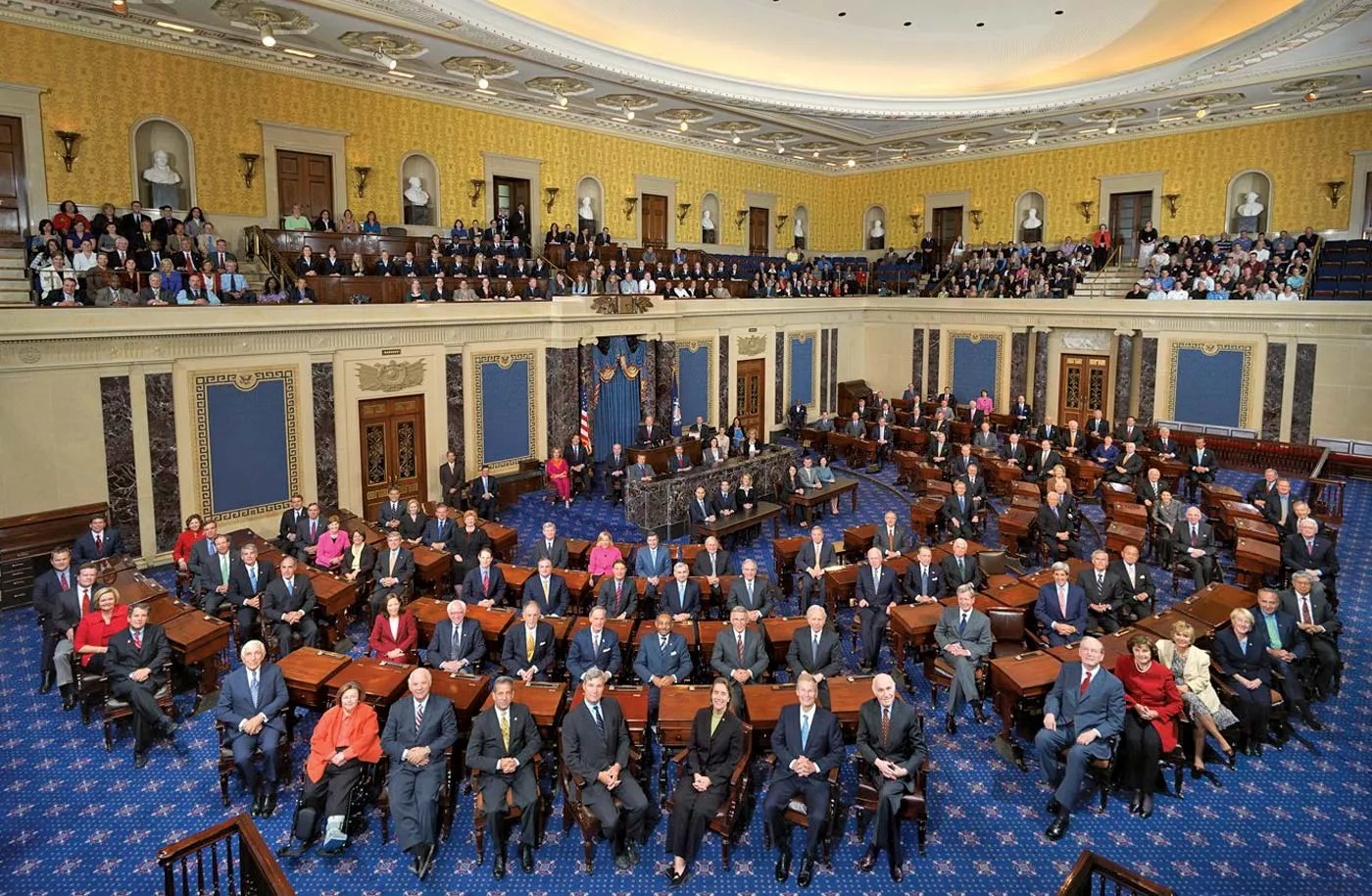The Senate is poised to authorize significant spending as part of House Bill 1, a comprehensive one-time appropriations bill already passed through the House.
Initially proposed at $1.8 billion from the state’s Budget Reserve Trust Fund, the Senate’s version, introduced by Senate Appropriations & Revenue Chair Chris McDaniel, R-Ryland Heights, aims for a staggering $3.5 billion.
Despite this increase in spending, House Bill 6, which pertains to the state’s operating budget, maintains a similar level of investment from the General Fund.

Kentucky Senate (Credits: Reuters)
The original House and the revised Senate versions allocate approximately $15 billion for each fiscal year. It’s worth noting that Republican supermajorities control both chambers.
However, the allocation of funds has left Democrats and advocates for public education disappointed. While there is a slight increase in funding for the state’s per-pupil formula, from $6.4 billion over the next two fiscal years to $6.5 billion, it falls short of expectations.
Notably, there are no provisions for direct teacher raises, a significant component of Democratic Gov. Andy Beshear’s re-election campaign platform.

Kentucky Senate (Credits: Hindustan Times)
Additionally, concerns have been raised about the expeditious handling of the state’s crucial budget document. The bill was unveiled on Wednesday morning and was slated for a vote on the Senate floor by mid-afternoon.
Typically, budget negotiations extend until just before the veto break, which commences at midnight on March 29.
The swift movement of the budget bill, coupled with the perceived inadequacy of funding for education and teacher raises, underscores the contentious nature of budget deliberations and the differing priorities between political parties.
As negotiations continue, stakeholders will closely monitor the allocation of funds and advocate for their respective interests.























